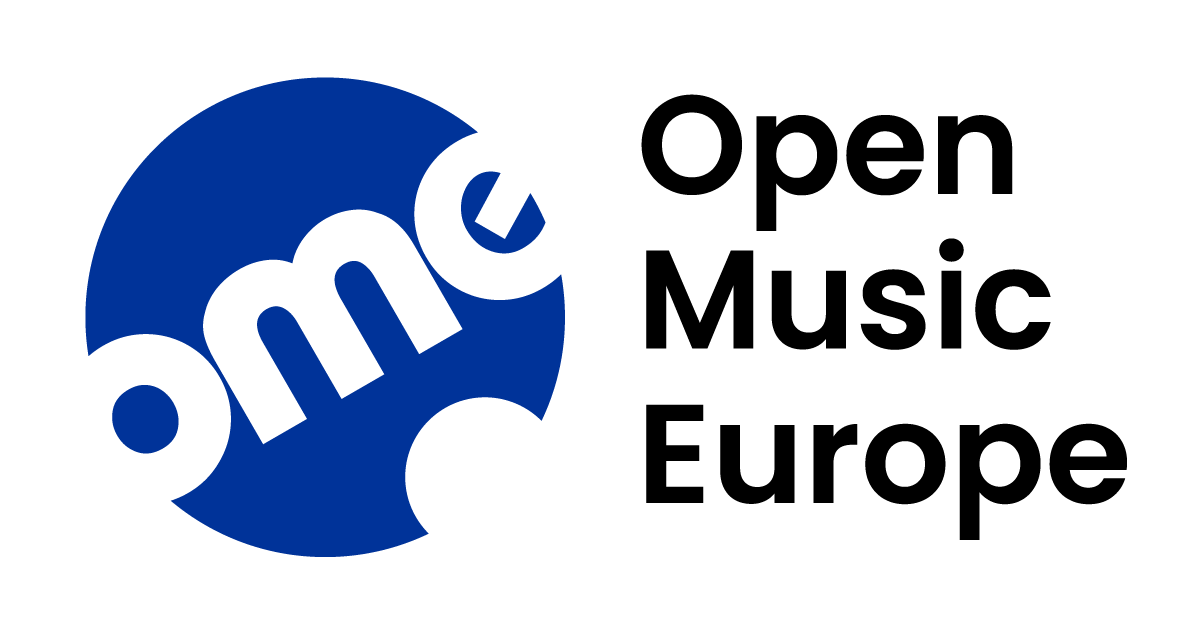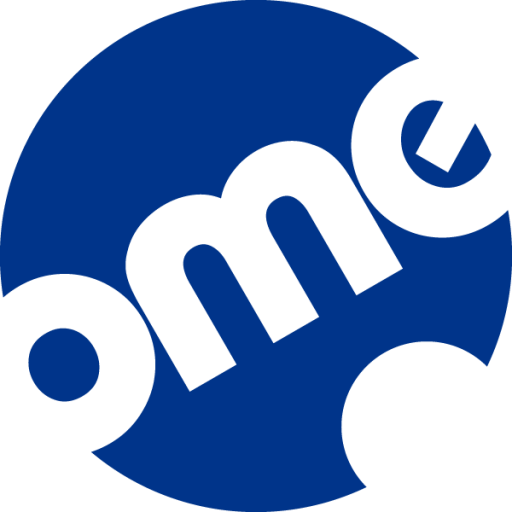About the Project
Open Music Europe (OpenMusE) brings together music industry stakeholders and researchers from 10 EU countries and Ukraine. Our goal is to support the European music industry in becoming:
- More competitive: we develop more accurate ways to transparently measure the value of music and its use quantity in live and recorded performances, and other musical activities.
- Fairer: we identify cases in which music industry professionals are compensated fairly compared to the benefits of music, and call out cases of negative biases and discrimination based on gender, ethnicity, and other unjustified inequality.
- More sustainable: we offer tools that small enterprises can use to measure their environmental, social, and governance sustainability.
- More transparent: we ensure that the way big data is used in the sector – and the way algorithms recommend music – remain fair and accountable for everyone.
We work with – and produce – open data, open-source software, and open policy analysis. This means that any music industry stakeholder, no matter how large or small, can use our tools freely and contribute to their further development. These tools will enable music MSMEs and CSOs without data science expertise to access and analyse open data; model volume and value; create better business models; and generate corporate social responsibility and sustainability reports at a fraction of current costs. We will validate our tools in four pilot studies that will bring benefits to stakeholders within the project lifespan.
Project name: Open Music Europe (OpenMusE) – an open, scalable data-to-policy pipeline for European music ecosystems
Project acronym: OpenMusE
Project starting date: January 2023
Project end date: December 2025
Project duration: 36 months
Call: HORIZON-CL2-2022-HERITAGE-01
Topic: HORIZON-CL2-2022-HERITAGE-01-05
SINUS MARKT- UND SOZIALFORSCHUNG GMBH | SINUS (Germany)
TURUN YLIOPISTO | UTU (Finland)
UNIVERSITEIT VAN AMSTERDAM | UVA (Netherlands)
SCUOLA SUPERIORE DI STUDI UNIVERSITARI E DI PERFEZIONAMENTO S ANNA | SSSA (Italy)
EKONOMICKA UNIVERZITA V BRATISLAVE | EUBA (Slovakia)
REPREX B.V. | REPREX (Netherlands)
SYNYO GmbH | SYNYO (Austria)
MUSIC INNOVATION HUB SPA IMPRESA SOCIALE | MIH (Italy)
SLOVENSKÝ OCHRANNÝ ZVÄZ AUTORSKÝ PRE PRÁVA K HUDOBNÝM DIELAM | SOZA (Slovakia)
ALOADED AB | ALOADED (Sweden)
MUSIC EXPORT UKRAINE | MEU (Ukraine)
VIESOJI ISTAIGA MUZIKOS EKSPORTO FONDAS | MXF (Lithuania)
ARTISJUS MAGYAR SZERZOI JOGVEDO IRODA EGYESULET | ARTISJUS (Hungary)
MUSICAUTOR SDRUZHENIE | MUSICAUTOR (Bulgaria)
HEARDIS! GMBH | HEARDIS (Germany)
CULTURE HUB POLAND / MUSIC EXPORT POLAND | MExP (Poland)
Economy of music in Europe
OpenMusE will provide indicators capable of capturing the full economic value of music, including zero-price uses. For this, existing data gaps are identified, analysed and filled. i.e., currently “hidden” data will be reported, MSMEs that currently do not provide data are integrated, zero-price use is measured, etc. Furthermore, methods to effectively act on this data are demonstrated. A pilot study demonstrates exemplary how improved data collection on the value of music can be leveraged to improve artist revenues.
Music Diversity and Circulation
OpenMusE will analyse and fill data gaps regarding music diversity and circulation in Europe. It will also implement a transferable pilot study designed to demonstrate the feasibility of increasing local artist representation in radio and streaming, via trustworthy AI and evidence-based regulatory policy. OpenMusE will provide clarity on crossborder activity on radio stations, cross-border activity on streaming platforms, the origins of artists behind songs on radio and streaming platforms, and the cross-border circulation of artists via live shows; and to create legal and policy recommendations on other ways in which data on music diversity and circulation can be leveraged to create opportunities for artists and other music stakeholders.
Music, Society and Citizenship
OpenMusE will analyse and fill data gaps regarding music, society and citizenship in Europe. It will also implement a transferable pilot study to use open data to help MSMEs comply with emerging social and environmental sustainability regulations. Central will be to provide indicators that capture social value-adds such as participation in music education, participation in amateur music-making, the role of music in other consumer sectors, and the role of music in social networks; to develop methods for measuring the sustainability of the music industry, in coordination with the SDGs; and to create an open framework for transferring the techniques developed to any willing European market.
Innovation and Future Trends
Clarity is provided on the impact of technical innovations such as streaming, social media, music recommender systems, music information retrieval, AI and machine learning, and blockchain on European music ecosystems. OpenMusE aims to create an opensource software-as-a-service ecosystem to collect significantly improved data on streaming service use, as well as to enable data collection on economic, diversity, and social to create an ERC token standard for tokenisation of copyrights; and to demonstrate how the ethical use of advanced technologies can be used to improve, rather than damaging, musical diversity and artist revenues. Data gaps regarding innovation and future trends within European music ecosystems are identified, analysed and filled.
Dissemination and Exploitation
The OpenMusE consortium sets up various frameworks and channels to guarantee best possible dissemination and exploitation of the project's results, to ensure that the project outputs are widely known and taken up into both policymaking and business practice. Depending on respective IPR statuses the objective of transferring insights and developments to diverse audiences and stakeholders is hence either done via dissemination and communication activities or commercial exploitation.


